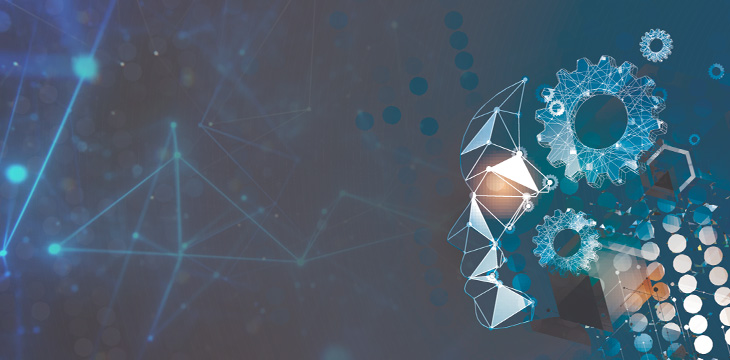|
Getting your Trinity Audio player ready...
|
The European Union’s blockchain observatory has released a report hailing blockchain, artificial intelligence and the Internet of Things as the future. The comprehensive report put blockchain technology at the heart of the new wave of digital transformation.
Prepared by Prof. Dr. Tim Weingärtner, the report stated that blockchain technology forms the crucial link between the physical and digital world. It said, “With its features of trust, distribution and value, Blockchain makes it possible to identify and connect physical objects and their digital representations.”
Dr. Weingärtner, a professor at the Lucerne University of Applied Sciences & Arts, further outlined the role of smart contracts and tokenization of physical assets. With the world becoming more digital by the day, representation of physical assets digitally is changing from a luxury to a necessity. Tokenization thus plays a great role in the digital transformation, allowing algorithms and smart contracts to access physical objects. Tokenization also increases the transparency of possession, fighting fraud and corruption. Moreover, it enables the division of large values into smaller units which can then be traded.
The report hailed Ethereum’s blockchain as the most important infrastructure for tokenization. This is made possible by its large community of developers, the easy connection to the Ether crypto, the use of Solidity programming language and the working implementations. Hyperledger and R3’s Corda also allow tokenization, but they are not popular for this use.
While blockchain technology is revolutionary by itself, it’s when it combines with the Internet of Things that it hits its stride. IoT enables sensors and other devices to “transfer static representation into a dynamic duplicate.” Blockchain allows this information to be processed and stored in an environment of trust, automation and accountability.
Blockchain and IoT have transformed many fields, and developers are working on new use cases everyday. One of the industries that have taken advantage of this new technology is the supply chain industry. IoT enables tracking of goods over the entire supply chain, with the information being stored on the blockchain. The blockchain also allows for the recording and tracing of a commodity’s origin.
The EU has continued to back blockchain technology and cryptocurrencies in the region. It has called on governments in the region to implement regulations that can foster growth of the nascent industry.
In order for artificial intelligence (AI) to work right within the law and thrive in the face of growing challenges, it needs to integrate an enterprise blockchain system that ensures data input quality and ownership—allowing it to keep data safe while also guaranteeing the immutability of data. Check out CoinGeek’s coverage on this emerging tech to learn more why Enterprise blockchain will be the backbone of AI.

 02-17-2026
02-17-2026 




